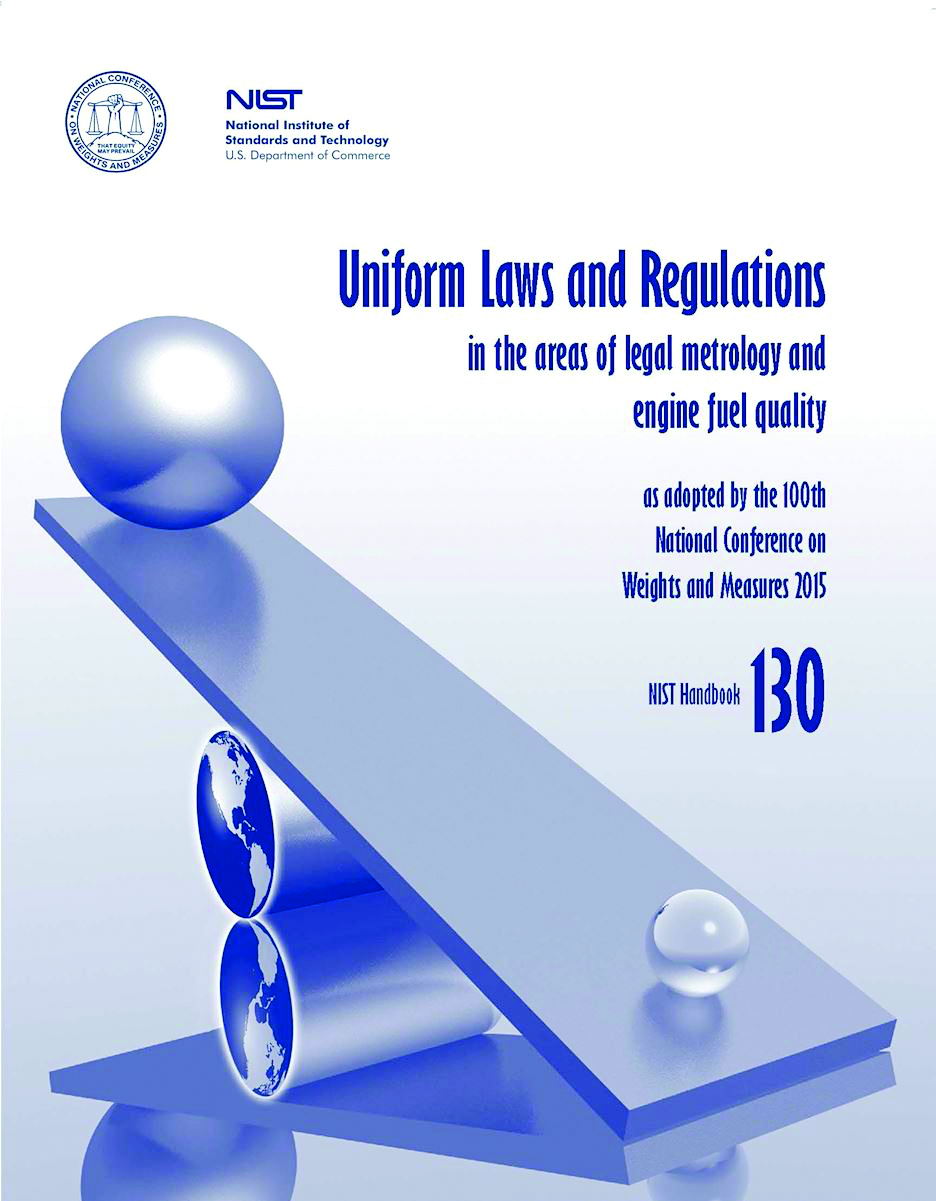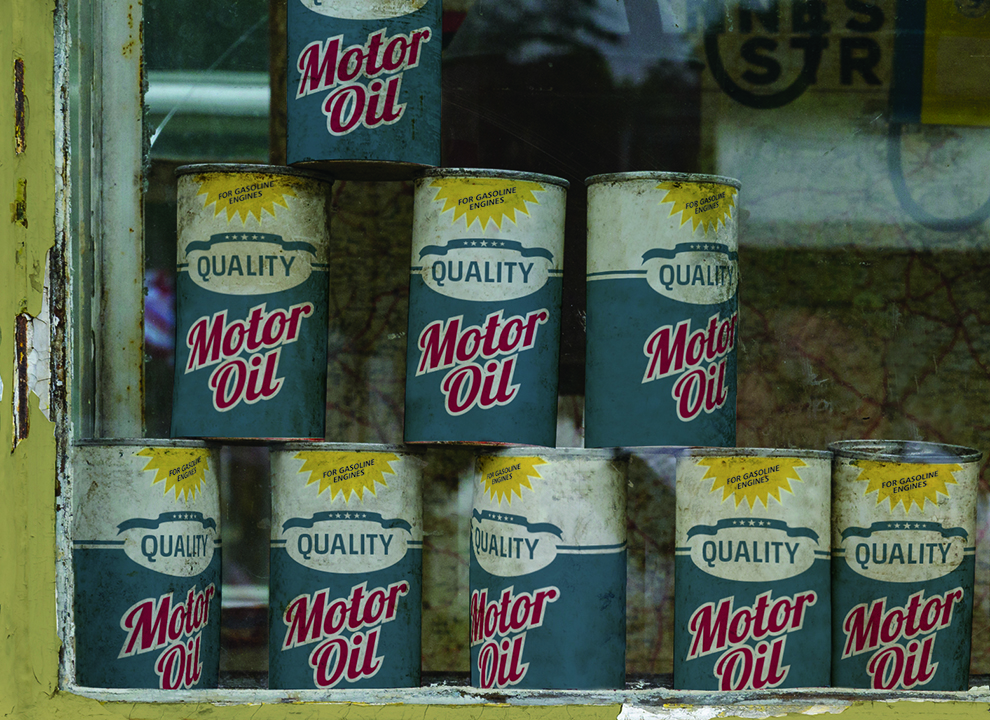The Leading Voice of Lubricants in Washington
The lubricant industry faces significant regulatory requirements, affecting manufacturers’ operations, compliance actions and the cost of doing business while keeping up with shifting standards. As the leading voice of the lubricants industry for 75 years, ILMA leverages its credibility with federal agencies and lawmakers to advocate for sensible regulation. Our voice is louder when we speak together as an industry.
Latest Advocacy News

ILMA Testifies on OSHA’s Heat Injury and Illness Rule
On Monday, ILMA CEO Holly Alfano and Regulatory Counsel Jorge Roman raised concerns before the Occupational Safety and Health Administration (OSHA) about

ILMA Secures Extended Solvents Phase-Out in California
The South Coast Air Quality Management District (SCAQMD)—which has jurisdiction over Los Angeles, Orange, Riverside, and San Bernadino counties in California—is making

ILMA Joins Coalition to Protect Fuel Additives from CPSC Fuel Container Regulation
ILMA has joined a coalition of trade associations urging the U.S. Consumer Product Safety Commission (CPSC) to reconsider the application of its
Top Priorities
Here are some of ILMA’s top advocacy priorities right now:
General Advocacy Resources
Leading the Advocacy Charge
Here are highlights from some of ILMA’s most iconic regulatory battles and victories.
- 2025
When the South Coast Air Quality Management District (SCAQMD) prohibited the use of specific solvents in order to reduce VOC emissions, ILMA secured an extended phase-out, alternative compliance options, and appropriate testing methodologies for water-based products. Read more.

- 2024
ILMA joined with other trade associations to nip potentially harmful used oil regulations in the bud. Read more.

- 2021
With ILMA at the forefront, the NCWM amended its Handbook 130, making it illegal to misrepresent the viscosity, API service category or OEM specs for a motor oil and requiring a cautionary statement on the front label for obsolete oils. A similar labeling requirement for obsolete tractor hydraulic fluids was adopted in 2019.

- 2020
As states began to issue stay-at-home or shelter-in-place orders during the COVID-19 pandemic, ILMA wasted no time reaching out to the National Governors Association requesting that lubricant manufacturers be designated as “essential businesses” and allowed to remain in operation. The request was granted.

- 2016
ILMA began engagement with California on AB 808, legislation that restricts which engine oils can be sold for highway use in the state. The Association has also ensured that California embraces Handbook 130 requirements on automatic transmission fluids — another issue that ILMA continues to monitor and advocate for.
- 2015
ILMA’s involvement with spec development established significant credibility with the American Petroleum Institute/ILSAC, ASTM and SAE. When the issue came to a head in 2015, ILMA worked with the National Conference on Weights and Measures (NCWM) to develop obsolete oil standards that would make it easier for regulators to get bad oils off the shelves.

- 2010
As OSHA was updating its HCS, ILMA submitted detailed comments, and President Cathy Novak gave testimony. When OSHA published the final rule in 2012, it recognized that ILMA members had at least one-third of the safety data sheets and would incur 75% of costs from the update. OSHA agreed to amend its standards. This, too, remains an ongoing issue for ILMA members.
- 2008
The EPA began looking to regulate chlorinated paraffins. ILMA sat in on early meetings and has since invested significant time and resources into the issue, which remains a key regulatory battle in the industry.
- 1993-1998
In 1993, the United Auto Workers filed petitions with OSHA and the EPA to regulate oil mist. Over the next several years, ILMA was very involved with OSHA standards and the advisory committee for oil mist regulation.
- 1992
In late 1985, the EPA said that it would propose listing used oil as a Resource Conservation and Recovery Act (RCRA) hazardous waste. After seven years of hard work by ILMA, in September 1992 used oil management standards (40 CFR Part 279) were finalized, making properly recycled used oil a non-RCRA hazardous waste, effectively helping to save ILMA members billions of dollars.
- 1988
On Jan. 1, Ashland Oil experienced a catastrophic failure of an aboveground storage tank in Western Pennsylvania. As a result of the spill, legislation was introduced in Congress, and the EPA proposed amendments to its spill, prevention, control and countermeasure (SPCC) regulations. ILMA fended off the legislation and worked with the EPA on sensible SPCC reforms.

- 1985
Congress was considering legislation that would have limited the importation of base oil and finished lubricants into the U.S. ILMA successfully convinced Congress to abandon its efforts.
- 1985
After the Occupational Safety and Health Administration (OSHA) finalized its hazard communication standard (HCS), ILMA led a coalition that convinced OSHA that severely hydrotreated and solventrefined lubricant base oils would not need to be labeled as “carcinogenic.”

- 1983
ILMA successfully convinced the Reagan administration and Congress to terminate the federal excise tax on lubricating oils. The tax was used to help fund the Highway Trust Fund, along with gasoline and diesel fuel excise taxes.
- 1981
Under the Clean Air Act, the Environmental Protection Agency (EPA) has the authority to require registration, testing and other forms of control over fuels and fuel additives. The EPA tried to assert that this authority extended to motor oils and motor oil additives, but ILMA (renamed from IOCA in 1980) opposed those efforts, and it successfully convinced the agency to abandon its efforts.

- 1976
In 1974, President Richard Nixon imposed price and allocation controls on crude oil and petroleum products, including lubricant base oils. In 1976, the IOCA convinced the Federal Energy Administration to decontrol lubricant base oils.
- 1974
In January, the Independent Oil Compounders Association (IOCA) submitted comments to the Federal Energy Office on base oil allocations that came as a result of the Emergency Petroleum Allocation Act of 1973. These comments effectively introduced the IOCA to federal regulators as the preeminent representative of independent lubricant manufacturers.